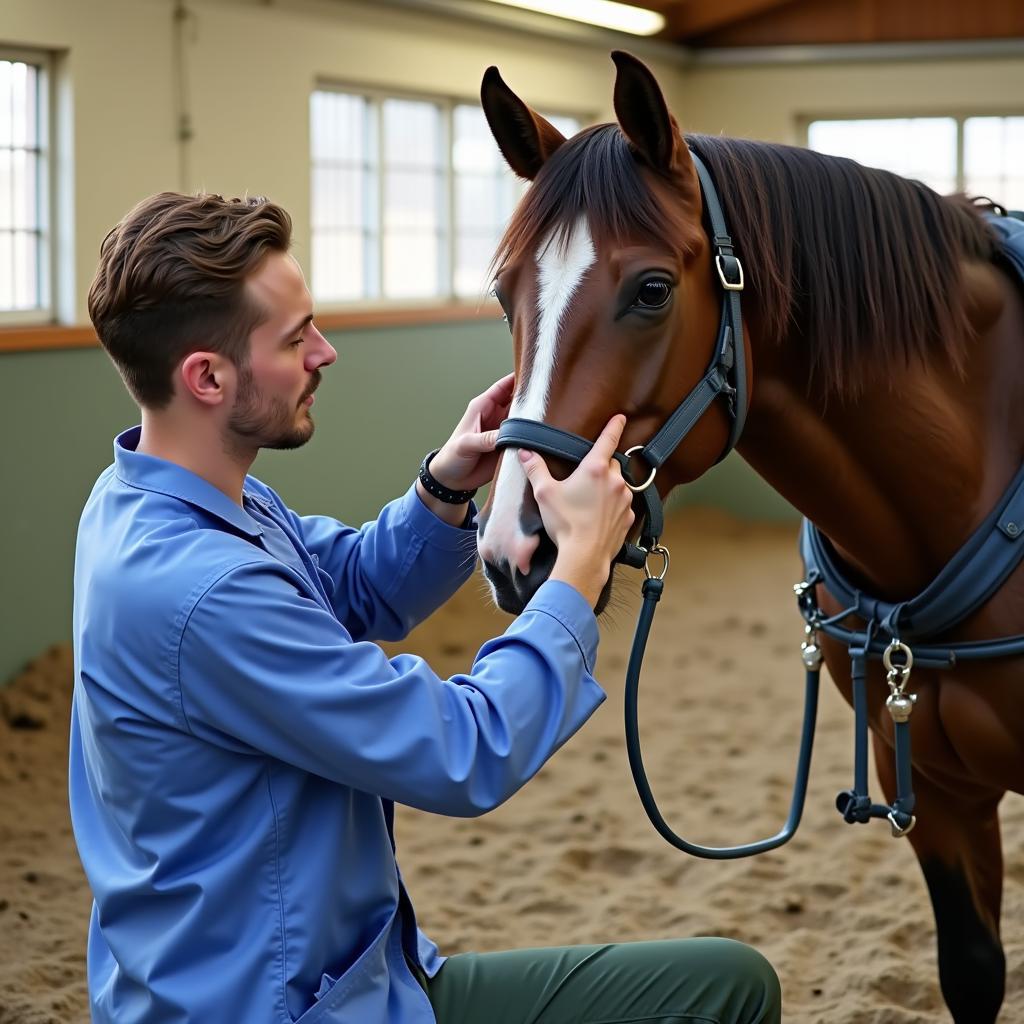Understanding the Term “Sex Horse Animal”
November 9, 2024The term “Sex Horse Animal” can be confusing and often leads to searches related to animal abuse or bestiality. This article aims to clarify the meaning behind this search term and provide valuable information about horse reproduction, animal welfare, and the importance of responsible animal care. We’ll also touch on the potential dangers of misinterpreting this phrase and the legal ramifications surrounding animal abuse.
The Misinterpretation of “Sex Horse Animal”
Often, individuals searching for “sex horse animal” are looking for information about horse mating behavior. However, the phrasing can also be misinterpreted as a search for content related to bestiality, which is illegal and harmful. It’s important to understand that any sexual act with an animal is considered animal abuse and is punishable by law. Animal welfare is paramount, and it’s crucial to treat all living creatures with respect and compassion.
It is vital to address the serious issue of animal cruelty. Horses, like all animals, deserve to be treated with kindness and respect. Exploiting them for sexual gratification is not only morally reprehensible but also illegal. If you or someone you know is struggling with harmful thoughts or behaviors towards animals, please seek professional help. There are resources available to provide support and guidance.
Horses having sex with each other is a natural part of their reproductive cycle. Understanding this natural process is crucial for responsible horse ownership and breeding. In the next section, we’ll explore the natural mating behavior of horses.
Natural Horse Mating: Reproduction and Behavior
Horses have a complex reproductive system. Mares, the female horses, have an estrous cycle that influences their receptivity to stallions, the male horses. Understanding these cycles is essential for successful breeding. During the breeding season, stallions exhibit specific courtship behaviors, including vocalizations and physical displays, to attract mares. These behaviors are instinctive and play a vital role in the natural selection process. Mares will signal their readiness to mate through specific behaviors, allowing the stallion to approach.
The actual mating process is relatively quick. Once the stallion mounts the mare, copulation occurs, leading to fertilization. It’s crucial for horse owners and breeders to understand these natural behaviors to ensure the safety and well-being of their animals. Responsible breeding practices prioritize the health and welfare of both the mare and the stallion.
The Importance of Responsible Breeding
Responsible horse breeding involves careful selection of breeding pairs based on factors such as temperament, conformation, and genetic health. It’s crucial to avoid breeding practices that could compromise the health or well-being of the offspring. Ethical breeders prioritize the long-term health and welfare of the horses involved.
horses having sex with each other is a natural and essential part of equine reproduction, but it should always be conducted responsibly and ethically. This includes ensuring that the animals are mature enough for breeding, providing a safe and appropriate environment, and minimizing stress for both the mare and the stallion.
Protecting Horses from Abuse
Unfortunately, not all interactions between humans and animals are positive. It’s essential to be aware of the signs of animal abuse and to report any suspected cases to the appropriate authorities. Animal welfare organizations play a critical role in protecting horses and other animals from harm.
 Animal Welfare Protection and Horse Care
Animal Welfare Protection and Horse Care
Conclusion
The term “sex horse animal” can be misleading and requires careful interpretation. While it often refers to natural horse mating, it’s crucial to be aware of the potential for misinterpretation and the importance of animal welfare. Responsible horse ownership and breeding practices prioritize the health and well-being of these magnificent creatures. By understanding natural horse reproduction and actively combating animal abuse, we can ensure a better future for all animals.
FAQ
- What is the natural mating behavior of horses?
- How can I tell if a horse is being abused?
- What are the legal consequences of animal abuse?
- Where can I report animal abuse?
- What are the best practices for responsible horse breeding?
- How can I learn more about horse reproduction?
- What organizations are dedicated to horse welfare?
If you need assistance, please contact us: Phone Number: 0915117113, Email: [email protected] Or visit our address: Hamlet 3, Binh An, Phu Thuong, Vietnam, Binh Phuoc 830000, Vietnam. We have a 24/7 customer support team.